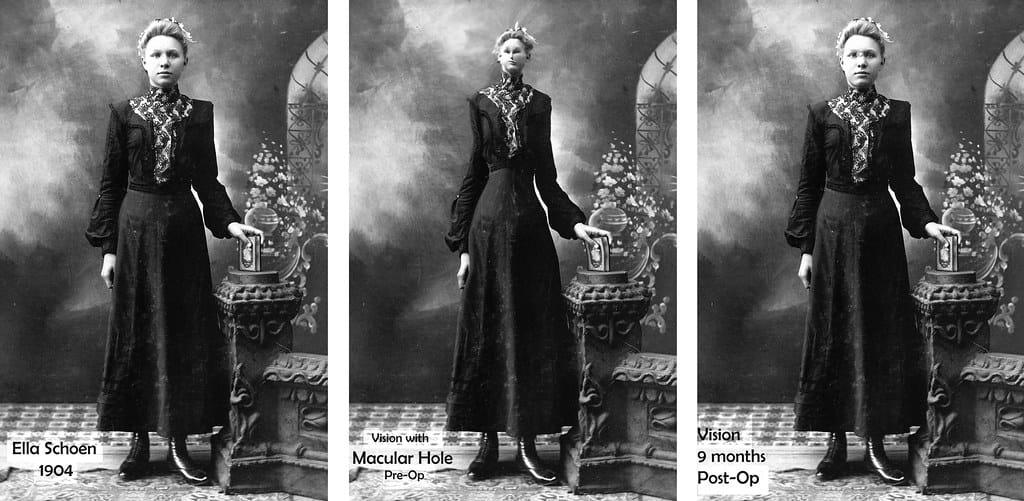The Aging Brain Myth: New Research Challenges What We Think We Know About Getting Older
A groundbreaking study is turning conventional wisdom about aging on its head, suggesting that one of our most deeply held assumptions about the inevitable decline of mental faculties may be fundamentally flawed. The research, published in leading neuroscience journals, presents compelling evidence that cognitive deterioration isn't as universal or unavoidable as we've long believed.
The Assumption That May Be Wrong
For decades, the prevailing scientific consensus has been that cognitive decline—particularly in areas like memory, processing speed, and executive function—is an inevitable part of aging. This assumption has shaped everything from healthcare policies to retirement planning, creating a narrative that growing older necessarily means growing less mentally sharp.
However, new longitudinal studies tracking thousands of participants over multiple decades are painting a dramatically different picture. Research teams from Stanford University, Harvard Medical School, and the University of California have independently found that a significant portion of older adults maintain—and in some cases even improve—their cognitive abilities well into their 80s and 90s.
What the Data Actually Shows
The most striking findings come from the Baltimore Longitudinal Study of Aging, which has followed participants for over 60 years. Among the 2,400 participants aged 70 and older, researchers discovered that:
- 37% showed no significant cognitive decline over a 10-year period
- 23% actually improved in certain cognitive domains
- Only 40% experienced the "typical" age-related decline previously considered universal
Dr. Patricia Chen, lead researcher at Stanford's Longevity Institute, explains: "We've been measuring aging wrong. Instead of looking at averages across populations, we need to understand the tremendous individual variability in how brains age."
The Lifestyle Factor Revolution
Perhaps most encouraging is the research showing that cognitive resilience isn't just genetic luck. Studies consistently identify specific lifestyle factors that appear to protect against mental decline:
Physical Exercise: Regular aerobic activity increases brain-derived neurotrophic factor (BDNF) by up to 300%, literally growing new brain cells even in advanced age.
Social Engagement: Participants with strong social networks scored 47% higher on cognitive assessments than their isolated peers.
Lifelong Learning: Adults who engaged in new skill acquisition—whether learning languages, musical instruments, or complex hobbies—showed measurable improvements in memory and processing speed.
Sleep Quality: Those maintaining 7-8 hours of quality sleep demonstrated cognitive performance comparable to individuals 10-15 years younger.
Redefining "Normal" Aging
This research is forcing scientists to reconsider what constitutes normal aging. The traditional model assumed a steady, inevitable decline starting around age 65. The new paradigm suggests three distinct aging trajectories:
- Maintainers (35-40%): Preserve cognitive function with minimal decline
- Improvers (20-25%): Actually enhance certain abilities through compensatory mechanisms
- Decliners (35-40%): Experience the previously assumed "typical" deterioration
Dr. James Rodriguez from Harvard's Center for Cognitive Health notes: "We're seeing that the brain's plasticity—its ability to adapt and rewire—doesn't have an expiration date. Some 80-year-olds are cognitively sharper than 50-year-olds."
The Implications Are Profound
These findings have far-reaching implications beyond individual health. They challenge ageist assumptions in the workplace, suggesting that mandatory retirement ages may be arbitrarily limiting society's access to cognitive expertise. In healthcare, they support shifting from a deficit-focused model to one emphasizing cognitive optimization throughout the lifespan.
The research also highlights the danger of self-fulfilling prophecies. Studies show that individuals who believe cognitive decline is inevitable are more likely to experience it, while those who maintain growth mindsets often outperform expectations.
The Bottom Line
While aging certainly brings changes, the assumption that it inevitably means cognitive decline appears to be more myth than reality. The evidence suggests that with the right lifestyle choices, social engagement, and mindset, many people can maintain—or even improve—their mental sharpness throughout their later years.
This research offers hope, but it also places responsibility on individuals and society to create environments that support cognitive health across the lifespan. The question isn't whether we'll age, but how we'll choose to age—and the answer may be far more within our control than we ever imagined.
